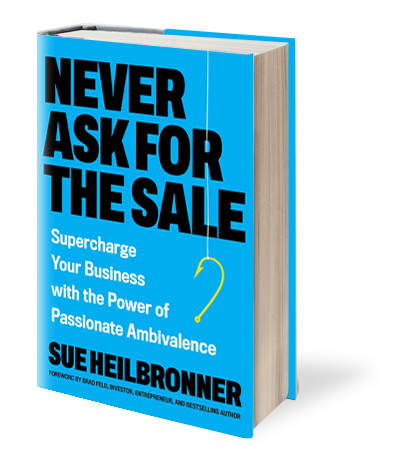Decision-Making is Not a One-Night Stand
I work with clients and friends around decisions and decision-making all the time. I have quasi-insightful models and exercises around the topic. I help people work through the differences between decisions that feel “easy” and those that feel “hard.” I do this to help them understand their decision-making patterns and get more space and choice around their defaults in this area of leadership.
Great. Fine. Helpful.

I realized today that every time I talk about this topic in the context of business, I have been unconsciously thinking about decisions as single events. Working through a personal, sensitive decision myself, I realized that many of our most important decisions are made on an ongoing basis.
Thirty years ago, I heard someone say that a decision to have a child (or try to) is a decision you make one day. A decision to not have a child is a decision you make every day. This is the same point.
I think I believed — until today — that if one didn’t arrive at a firm decision, one was “grappling” or struggling with that decision. I now think that notion is absurd. Decision-making, like a lot of things we do in work and life, is often an ongoing process. And that is often a good thing.
Here are a few things you might do during the time you are evaluating a decision that might be extremely accretive to your process:
- Look for disconfirming evidence often. Confirmation bias is a huge deal, and if your personality type is one of evidence gatherer as a means of supporting your decisions, double-check that you’re not looking at a myopic set of data.
- In a similar vein, look at your judgments around a prospective decision and ask yourself what the opposite of one or more of those judgments might be. This step is critical for those of us who are often considered superb decision-makers.
- Appreciate yourself for your care in evaluating the kind of change that usually is associated with important decisions.
- Notice if you’re beating yourself up for being “good” or “bad” at big decisions. See if you can identify a few of the benefits of how you do your process.
- Ask yourself what about this decision feels complex or challenging? Ask yourself how the experience of evaluating a decision feels familiar to other decisions you’ve made in your life.
And for some of you, do nothing. Just welcome, welcome, welcome the uncertainty. Notice that scarcity (of time, money, or clarity) or imposter syndrome stories might be interfering with the process that is supposed to be happening.
I can’t say I’m loving the grey area. I can say that noticing it has given me far more perspective on the gaps in how I’ve been thinking about decision-making for my Conscious Leadership clients. The entire inquiry has done for me what I’m suggesting these steps above might do for you. It’s given me more space around my beliefs, allowing for real presence and learning.
